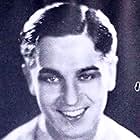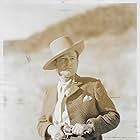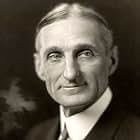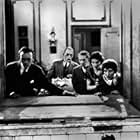'Learning to Love' was written by Anita Loos and John Emerson, her much older husband. Loos and Emerson were long-time collaborators, but in her memoirs Loos claimed that most of their scripts were written entirely by Loos while her husband took most of the credit. Her claim sounds plausible, but Loos later told some vicious lies about people whom she barely knew (including Paul Bern and Alexander Woollcott), so I don't believe everything she said about her marriage or her working partnership. If she's going to take all the credit for her husband's scripts, then she ought to take all the blame too. 'Learning to Love' isn't especially bad, but it's not particularly good either ... and I'm willing to give most of the blame to Anita Loos.
Constance Talmadge plays Patricia, a wealthy orphan whose two old-maid aunts are her guardians. Patricia's holdings are handled by a lawyer, Scott Warner. Patricia is a flirt, and quite a few men are trying to make time with her. When Lord Cooperfield kisses her hand, she dismisses him as 'Count Coo-Coo', apparently unaware that a British count would actually be an earl. He of course is enchanted with the way she mistreats him.
When it's time for Patricia to enter adulthood and claim her inheritance, she pays a call at Warner's law office. Warner's office boy Billy is instantly smitten with her, but dares not make a move. (Good idea, Billy!) When Patricia gets a look at handsome Warner, she instantly sets her sights for him, but he's not having any. (Good idea, Warner!) The lawyer wants to keep their relationship strictly on a business level. Wise decision.
It's very obvious where this movie is heading. There are no surprises here, and I don't have much patience with movies about superficial rich people. The heiress Patricia in this old movie is astonishingly similar in her behaviour to our current superficiality, Paris Hilton. 'Learning to Love' is well-made of its kind, but insubstantial. The sadly underrated character actress Emily Fitzroy is funny as one of Patricia's maiden aunts. Edgar Norton, the perennial butler of many Hollywood films, is slightly better than usual here. Sidney Franklin's direction is efficient but not noteworthy. John Harron is appealing as the amorous office boy. This movie's story is firmly in Anita Loos territory, but without the sardonic humour that Loos used so effectively elsewhere. I'll rate this froth 5 out of 10.
















